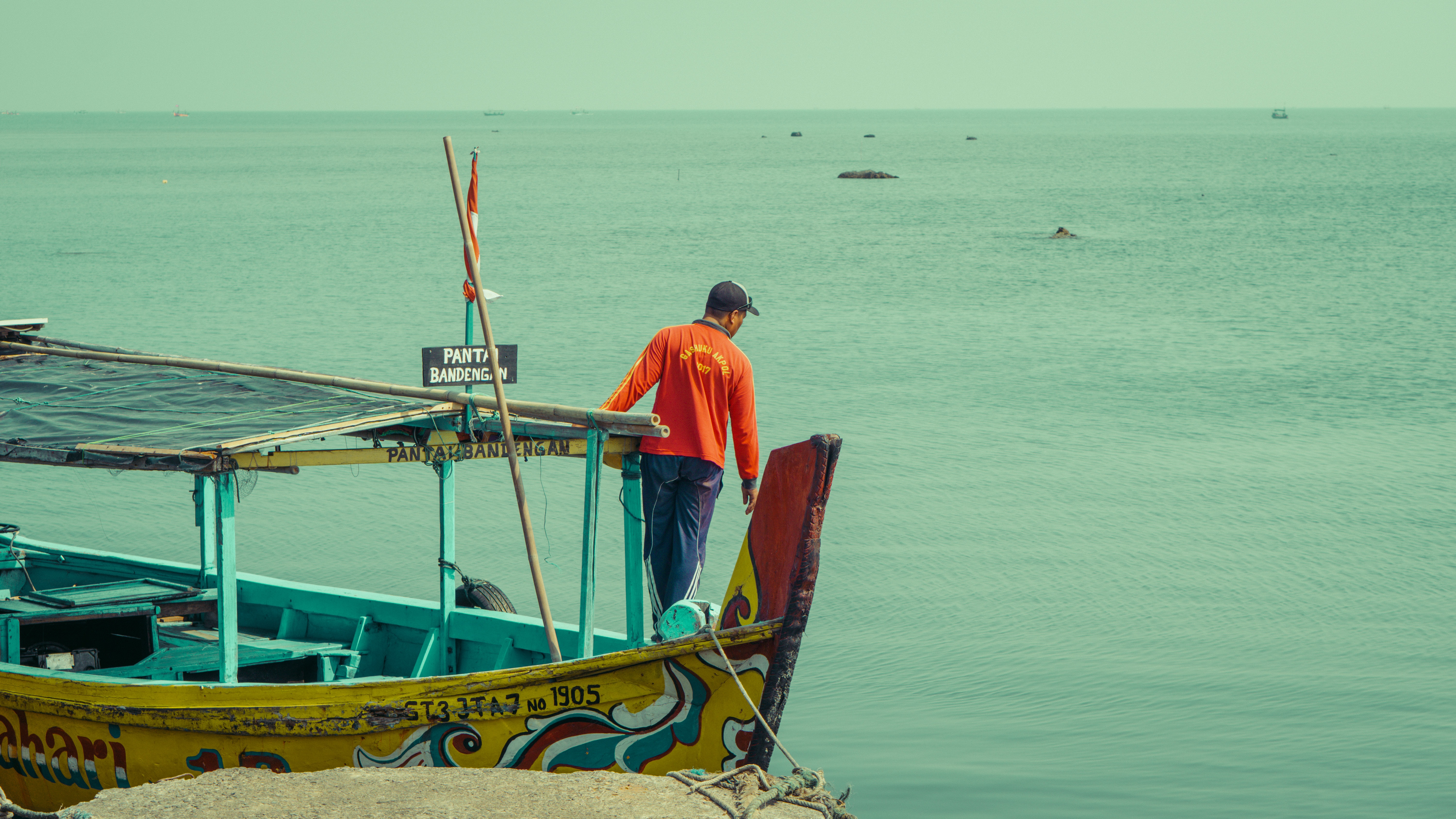About
Fisheries are an essential source of food and livelihoods in Indonesia, and the government has recently made significant strides in improving the sustainability of its valuable marine resources. Indonesia is fighting illegal, unreported, and unregulated (IUU) fishing in its waters, and its vast marine protected area (MPA) system has the potential to protect essential fish habitat and has drawn national attention to ocean health. Fishery Improvement Projects (FIPs) have helped focus attention on the critical role of the value chain, and the national government has adopted—at least in concept—global best practices for managing fisheries for the triple bottom line of economic, social, and ecological benefits.
Despite these clear signs of progress, on-the-water management of fisheries remains limited. Many of Indonesia’s fisheries are increasingly overexploited, and their contributions to food security, jobs and the economy, and marine biodiversity are at risk. Now more than ever, there is a need for new science-based policy and management reforms, strong leadership and capacity building efforts, data-driven decision making, and financial incentives that align with the long-term value of improved fisheries management. Designing and implementing fisheries reform measures that achieve the goals of government, fishers, industries in the value chain, and communities will require aligning public and private institutions, both locally and nationally.
Through our collaboration with the Ministry of Marine Affairs and Fisheries, we supported efforts to improve fisheries management in Indonesia by producing valuable tools, models, and information to explore and evaluate varying scenarios and conditions under which fisheries recover and increase their valuable.
